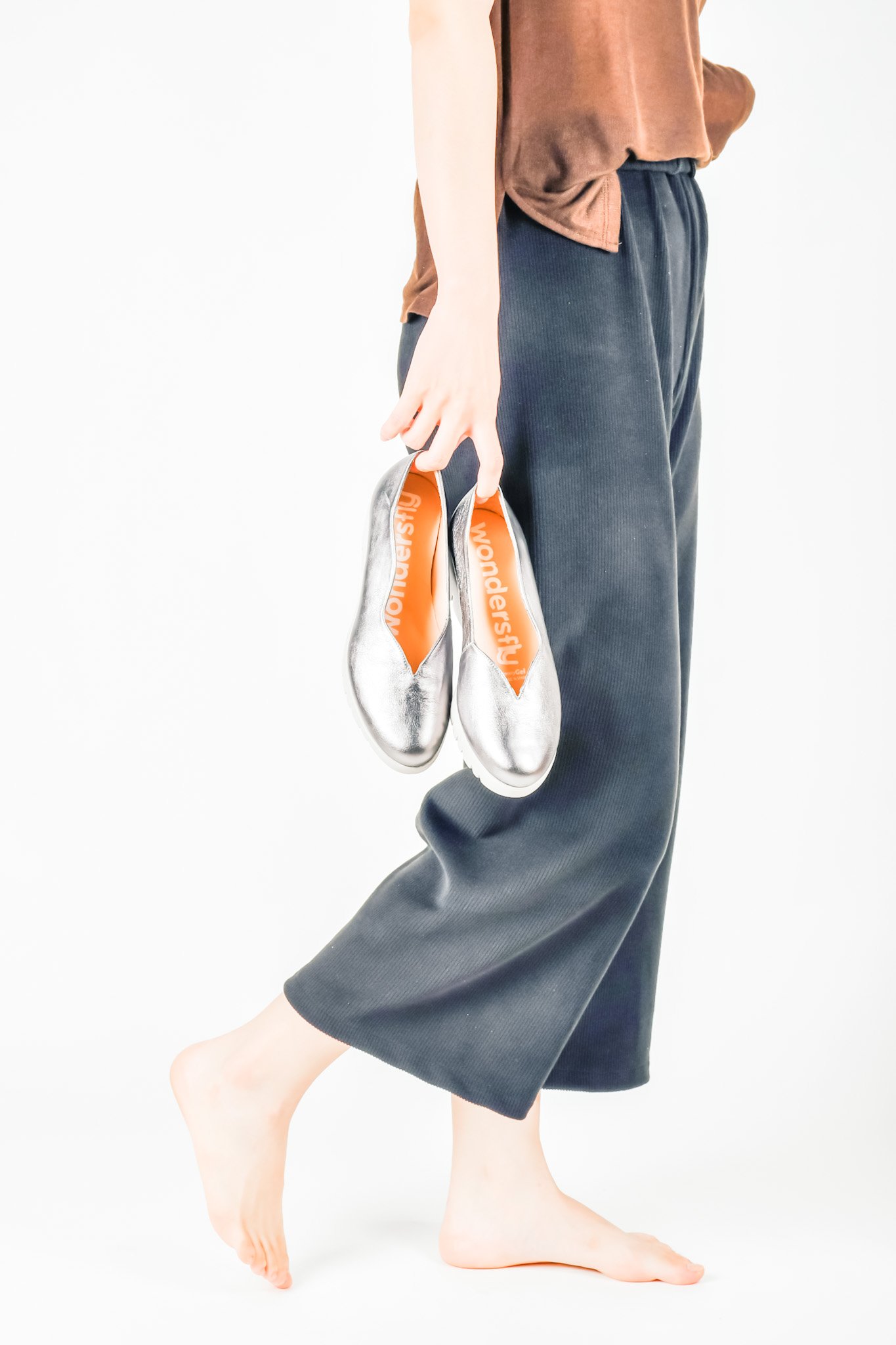Let’s start this conversation with a cliché: They say the day a baby is born so is a mother.
And here’s another one: Nothing quite really prepares us for motherhood (this one is quite an understatement).
From the onset of pregnancy, right down to the birthing experience, our child’s unique personality and even the circumstances surrounding our motherhood journey at any given moment, it’s hard to predict what will come up as we walk around with our mom’s hat on.
It might even be a case of we don’t know what we don’t know. Our unique motherhood journey unveils itself gradually with each milestone, stage and phase that we arrive to. You could even say that being a mother is such a dynamic role because we constantly have to be adapting and piecing together all the layers and variables that come our way in real time. It’s impossible for anyone to fully prepare ahead of time as all the possible combinations are too many to predict.
Yet, one thing I’ve seen play out countless of times as a Certified RTT Practitioner is how at some point during our motherhood journey, The Pebble in The Shoe Theory begins to unfold. And how it starts to undermine our confidence as mothers.
For the most part, we think our life journey is a linear one: going from being infants, to children to teenagers and then to full-grown adults. And that our role as mothers also follows a linear path (baby arrives and we begin to acquire practice and knowledge about what to do next). It seems that our past experiences have given us a better vantage point from which to effectively parent.
But it is not usually the case.
And the most tell-tale sign of this is when we enter what I call the triggering zone.
We enter the triggering zone whenever it seems that our kids have found the exact buttons to push that get us into reactive mode. It’s almost like we don’t recognize ourselves. Only after we’ve had time to mull it over, and mom guilt finally creeps in, we realize with embarrassment that we probably took things out of proportion and there was no need to react like Mommy Volcano.
But in the heat of the moment, it appears we’re simply going on auto-pilot, reacting the same way again and again, even when we have tried to change our reaction or even negotiating with ourselves that no matter what, we won’t go off like last time. (Only to repeat the cycle the next day).
Why is it that our kids push our buttons like no one else?

And why does it feel we’re constantly in this loop: feeling overwhelmed and frustrated to the point of snapping and over-reacting, then feeling guilty about it afterwards and trying to change our ways but falling into the same pattern repeatedly?
Cue in The Pebble in The Shoe Theory.
The triggering happens because we’re re-enacting a relationship that shaped who we are now as adults.
Yes, that’s right. We’ve been in a parenting relationship before, except that previously, we were the child. What’s more, most of our internal beliefs came from this dynamic.
The blueprints we internalized as children while we were being parented by our parents are pretty much still in place when we reach adulthood. If we haven’t actively been doing the inner work on ourselves prior to becoming mothers and ‘peeling away the layers’ as they call it, we will tend to carry with us all these old beliefs and blueprints around like an old suitcase, and which are at play when we parent.
It is part of our human experience to form beliefs about ourselves and the world around us to make sense of things. Through our childhood and even still to this day, we continue to have millions of beliefs, some ranging from the inconsequential (“X brand is the best brand for paper towels”) all the way to what we subconsciously believe about ourselves or our abilities (“I’m not really good at math”) and everything in between.
Internal beliefs underpin every single action we take or not take, without exception. There is never a situation where a belief isn’t at play. And this is mostly highlighted in our role as mothers. Sadly, many of those beliefs tend to be outdated and limiting. But because they operate subconsciously, we’re not usually aware.
What The Pebble in The Shoe Theory is about is that our children tend to be our biggest triggers because when we interact with them we re-enter a relationship we’ve been in before and so we’re playing out (now as mothers) a part that we were subconsciously witness to: that of our own parents’ behaviors and attitudes when they parented us.
The caveat is that we’ve only played this interaction from the child side in the past and now we’re mirroring this dynamic from an outdated blueprint.
Our children’s behavior in fact has nothing to do with our triggers. They are going through their own developmental stages and acting age appropriate as they go through their own growing curve (barring any medically diagnosed conditions).
What our children do is act as a mirror that projects back at us our own beliefs and conditionings that formed during childhood. But because it’s a mirror image, everything is reversed. And we are unable to see how the distortion is playing out in real time. Or in this case, how we’re approaching our parenting through a lens that is outdated, limiting and in most instances, no longer valid.
To show The Pebble in The Shoe Theory at work, let’s look at this flipped image of singer Adele below.

Twitter/TurnYourPhone
The image is a seemingly mirrored version of the original, used as the cover art for her album “25.” However, if you look at the image right side up (or by turning over your phone) you’ll see something much more disturbing.
While Adele’s face has been turned upside down, her eyes and mouth have actually been left the right way up. As a result, when we turn the picture right side up, the singer’s face looks outright nightmarish.
This is known as the Thatcher Illusion, and it illustrates how our brain can’t properly process a face (or a photo of a face) that is upside down. The interesting part is that the brain thinks it can, so you get a confident feeling that everything is alright, until you turn it over.
So how does this link to The Pebble in The Shoe Theory?
In a nutshell, it illustrates how what we think might be triggering us is actually an upside-down version of old beliefs we have internalized that are distorted (but from where we stand they seem quite ‘normal’) or we simply don’t notice it (they are blind spots).

We think we parent from a cause-effect logical standpoint: Our child acts and we react to it. Or more specifically, our child acts and that behavior triggers us. Just like how we think Adele’s upside-down face image looks okay.
But when we flip it the other way around, we realize the features are not what they should. Likewise, when we start to recognize our triggers as blind spots that signal old limiting beliefs at play, and how we might be re-enacting those early-year relationships we had with our caregivers and parents, we then start to see how outdated and limiting they truly are.
Becoming aware of this is the first step towards changing how we parent to avoid falling victims to these triggers and perpetuating the cycle with our kids. Therefore, we can start healing ourselves from limiting and self-sabotaging beliefs that are holding us back.
When we’re feeling overwhelmed, frustrated, and triggered we think we need to address the feeling directly.
But the overwhelm and frustration are only the symptoms. They’re not the issue.
It may seem you feel overwhelmed and triggered because your child just had tantrum number thirty of the day, or she is not cooperating the way she should, or the constant whining is driving you crazy.
In fact, it may also seem that all of the million to-do’s, the endless chores at home, what might be happening in your business (or at work), issues with your spouse or partner, your finances, or just simply trying to juggle all the balls in the air are the reason why you’re feeling triggered.
But this is not why you react with overwhelm and frustration.
All of the above- including your children- are external things. They are happening OUTSIDE of you.
The root cause of your overwhelm and frustration lies in your thoughts.
What you actually think about the circumstances in your life. These are your internal beliefs: the ones that were wired in when you entered this parenting relationship the first time around. Back then you were the child in the relationship. And you internalized things from a child’s point of view.
These beliefs created a blueprint that conditioned your mind into using it as reference moving forward. Now, as you find yourself on the other (parent) side of this parenting relationship some decades later, your mind is looking at the relationship the same way you look at Adele’s upside-down picture. It seems familiar and for the most part, normal. But we know it could very well be distorted. And our triggers point to where those old limiting beliefs are hidden because they are causing overwhelm and frustration.
Depending on your own personal set of circumstances and upbringing, the blueprints that you formed in your mind early on, can either be working for you or against you.
The constant triggers point towards a misaligned blueprint.

We think we’re able to tackle motherhood from a clean slate and armed with all the knowledge we accumulate from books, workshops, classes or even from others that have gone before us as we first become moms. But we have certainly experienced the parenting relationship before.
The so-called pebble in the shoe refers to all those limiting beliefs we’re carrying around unaware of their existence and how they might be impacting the way we’re showing up as mothers.
The reality is that everyone’s beliefs-which are almost always invisible and unconscious- shape every single thought and action we take in every area of our lives.
Beliefs are like the Thatcher Illusion. It’s only when you turn them on their head that you can begin to see the truth even though what you “see” looks “normal” yet, in reality, it is often highly dysfunctional and contradictory.
Our inner beliefs, like our mind, arise out of our biology, but are influenced by so much more than cells and signals: Our emotions, memories, relationships, also play a part albeit unconsciously in how these beliefs are shaped.
To break this cycle of triggers and negative thoughts, you need to be aware of the limiting beliefs that make you feel overwhelmed, stressed, angry, frustrated…and start to choose to act on a different blueprint altogether.
If you understand the importance of upgrading old limiting beliefs and rewiring your mind (with a powerful new blueprint) I invite you to take the first step into having a Rapid Transformational Experienceso you can leave overwhelm and frustration behind, and instead install powerful new beliefs that will make you feel inspired, calm and confident as a mom. Frazzled mom is so last year! Step into your motherhood shoes empowered and with ease knowing there’s no painful pebbles keeping you triggered.
Schedule your free Connection Session with me. We’ll talk about all the things that are limiting you.
As a Certified RTT® Practitioner, I’ll share what you can do right now to start taking Inspired Action and feel calmer, confident and guilt-free. Even if we don’t work together, you’ll leave the session knowing the exact steps to break the cycle of limiting beliefs so you can move forward with confidence and ease.
Book your session here:






Desiree
October 13, 2021 at 9:54 amOh wow. This hits home so much!! I never looked at it that way. And it’s so so true! All moms should read this.
Iva • Post Author •
October 14, 2021 at 2:17 pmThank you so much Desiree! Thank you for your comments and for spreading the word! Big hugs!
-Iva